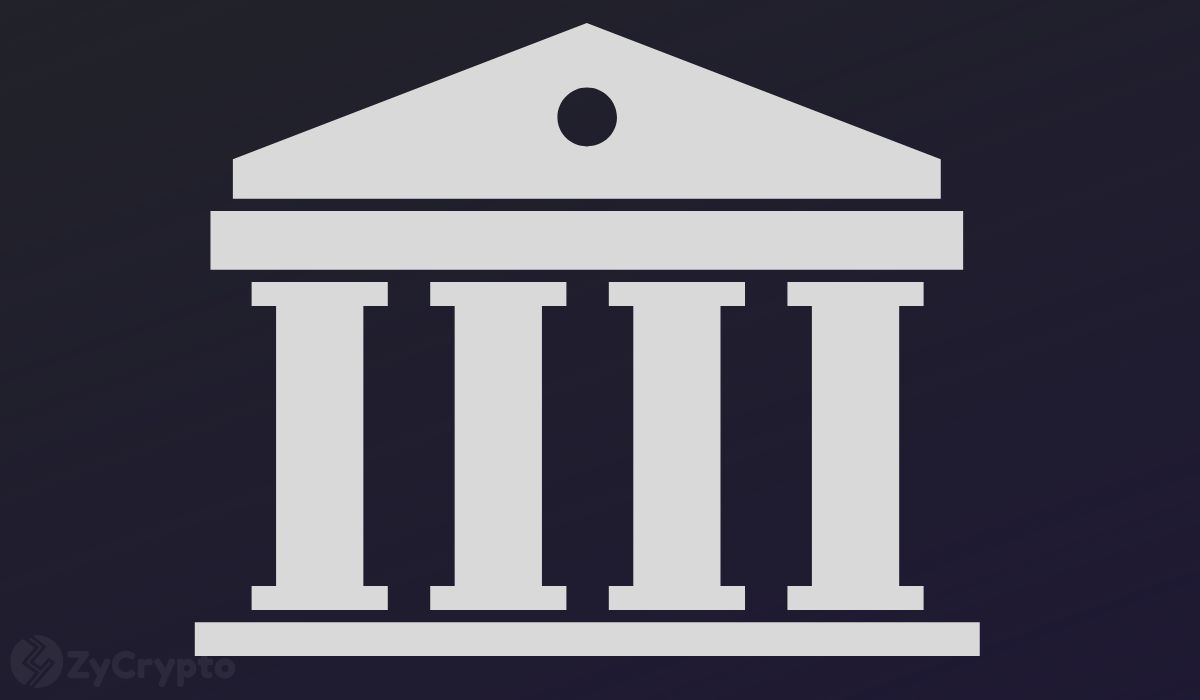Several international cryptocurrency exchanges have joined forces with Russian arbitration managers to locate digital assets belonging to debtors amid growing concerns about bankruptcy.
According to a Tuesday report by Russian business newspaper Vedomosti, cooperation agreements have already been established with prominent exchanges such as Bybit in Dubai, Bitstamp in Europe, Bitrue in Singapore, Gate.io in the United States, and OKX in Seychelles.
Notably, the report stated that these exchanges are actively informing arbitration managers about the presence of crypto wallets and associated addresses for their clientele. Evgeny Akimov, the head of Sberbank’s enforcement and bankruptcy department, confirmed this collaboration on November 16 during a forum dubbed “Bankruptcy-The new reality”, shedding light on the evolving dynamics of crypto asset recovery within the realm of insolvency proceedings.
In a forward-thinking proposal, Evgeny Akimov suggested granting arbitration managers the autonomy to sell cryptocurrencies on exchanges independently, with the proceeds converted into fiat currency.
On the other hand, addressing the complexities of recovering digital assets, arbitration manager Ilya Ulyanov highlighted the potential pitfalls associated with inaccurate data provided by debtors. To circumvent such challenges, he suggested that courts may mandate bankrupt individuals to disclose login credentials and passwords in the presence of a notary to ensure the accuracy of the information provided.
“The arbitration manager confirms his authority by a judicial act, the assets are frozen, the manager opens his wallet and transfers the debtor’s money there, converts it and transfers it to the main account for settlements with creditors,” said Ulyanov.
This development unfolds against a backdrop of escalating concerns within the cryptocurrency industry regarding potential bankruptcies, such as those affecting major players such as FTX, Three Arrows Capital, Celsius and other prominent crypto firms. FTX, in particular is currently confronted with the intricate task of selling assets to refund their customers, with delays leaving many investors anxious about the fate of their digital assets.
The situation is compounded by the fact that Russian law does not recognise cryptocurrency as currency. Furthermore, Russia’s stance on cryptocurrency regulation has been marked by a notable lack of consensus, adding a layer of complexity to dealing with bankruptcy cases within the industry.
Notably, in a prior ruling, a Moscow bankruptcy court determined that the cryptocurrencies owned by a debtor undergoing bankruptcy proceedings would not be confiscated to repay creditors. Despite the trustee’s attempts to sway their decision, the judge stood firm in excluding the debtor’s cryptocurrencies from inclusion in the bankruptcy estate.


